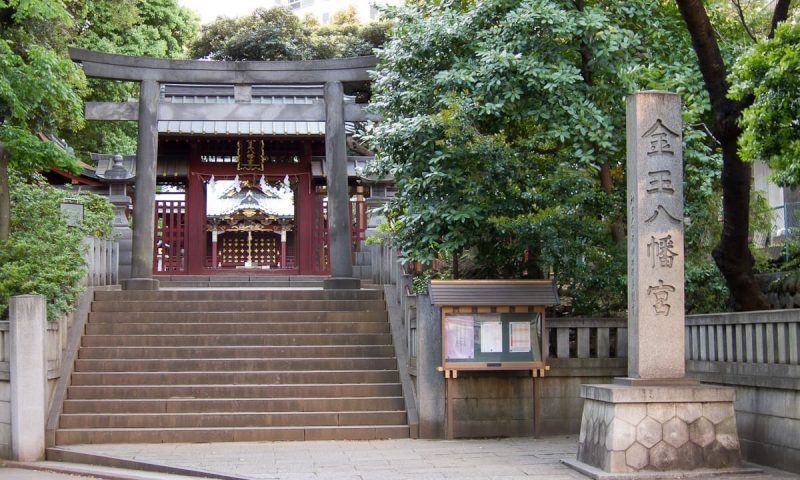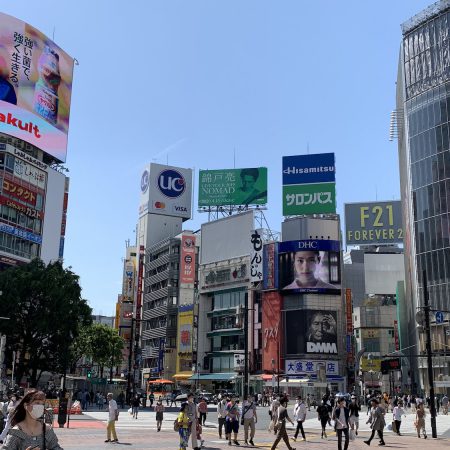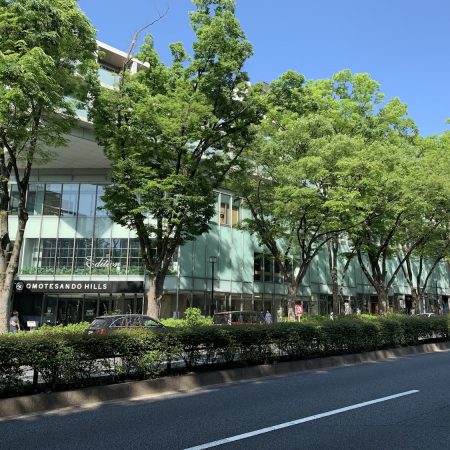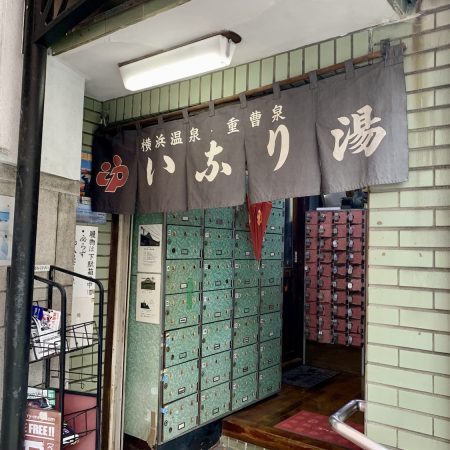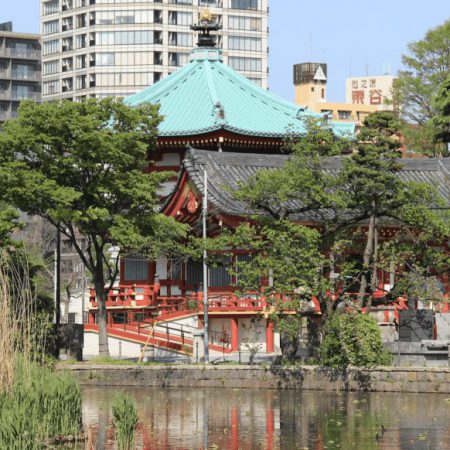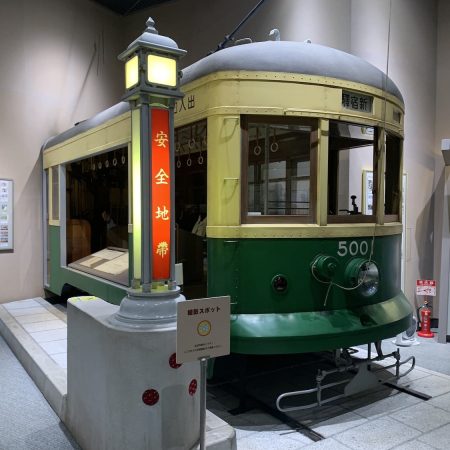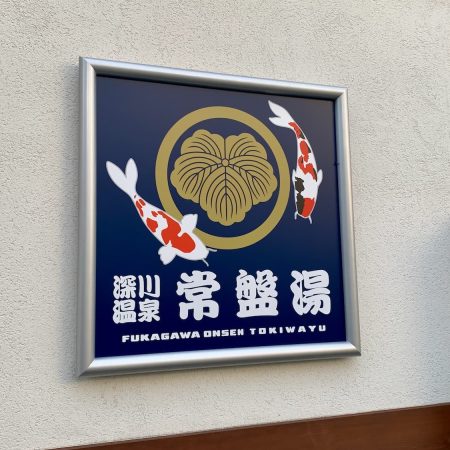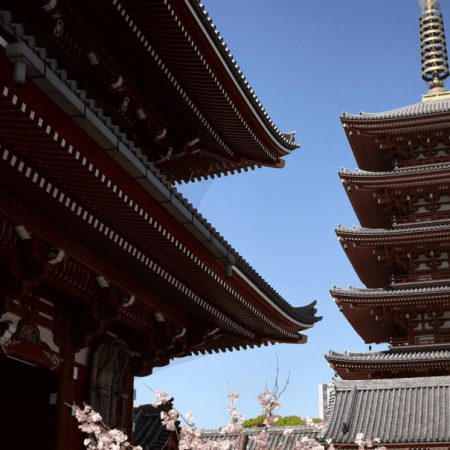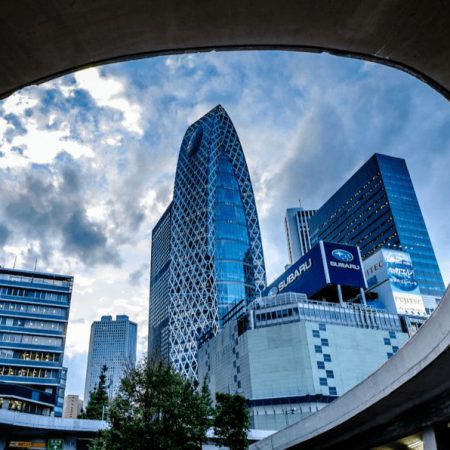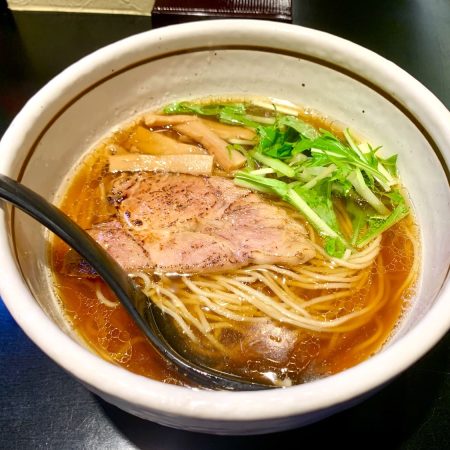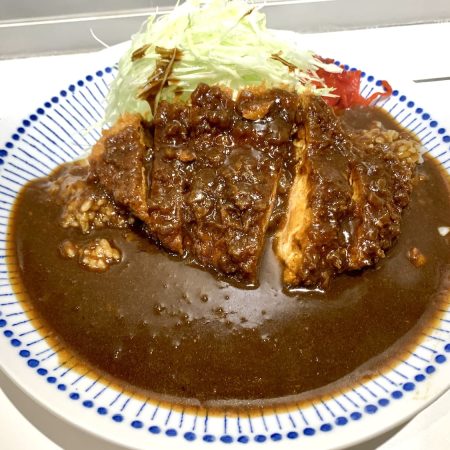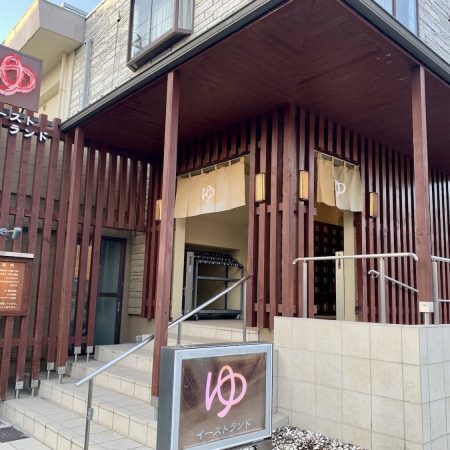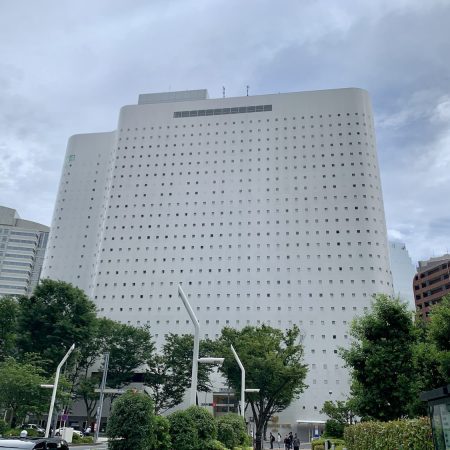In Shibuya Ward, numerous Shinto shrines abound. Shinto shrines serve as venues where one can immerse oneself in the cultural and historical tapestry of Japan, attracting a myriad of visitors. Among the shrines nestled in Shibuya Ward, Meiji Jingu, needless to say, and the venerable Konno Hachimangu Shrine stand out prominently. However, beyond these renowned establishments, Dishes Japan would like to present herein a compendium of Shinto shrines within Shibuya Ward that merit exploration. Kindly consider this as a point of reference.
Konno Hachimangu Shrine (金王八幡宮)
The Konnoh Hachimangu Shrine, dating back to 1092, was established by Taira-no-Takemoto, who offered military flags to Mt. Myouken. It gained significance during the Gosannen war when Takemoto’s son and successor, joined Minamoto-no-Yoshiie. The shrine’s prestige grew with Yoshiie dedicating the moon flag. Renamed Konnoh-Hachimangu, it became the family guardian of the noble Shibuya clan. Konnohmaru, born to Shibuya-Heizoh-Shigeie, played a key role in historical events, eventually becoming a priest. The current shrine structure, built in 1612, holds stories of divine protection sought by Lady Kasuga and Aoyama-Tadatoshi. Architecturally following gongen-zukuri style, the shrine is a Tokyo landmark with intricate carvings symbolizing prayers for societal stability and righteous governance. The shrine stands as a testament to Japan’s rich history and its people’s indomitable spirit.
Meiji Jingu (明治神宮)
Meiji Jingu, a Shinto shrine in Tokyo, honors Emperor Meiji and Empress Shoken, offering a blend of tradition and modernity. Rebuilt in 1958 after World War II, the shrine features a lush 700,000-square-meter forest, an inner garden, and a museum displaying the emperor and empress’s belongings. Divided into Naien and Gaien precincts, it hosts various festivals, weddings, and traditional ceremonies. Meiji Jingu is a cultural landmark commemorating the founders of modern Japan, promoting cultural exchange, and preserving ancient Shinto traditions. With over three million annual visitors, it’s a must-visit destination for those seeking Japan’s rich cultural heritage. Accessible via JR Yamanote Line or Tokyo Metro Chiyoda Line, Meiji Jingu captivates with its beauty and historical significance.
Ebisu-jinja Shrine (恵比寿神社)
Ebisu-jinja Shrine in Tokyo offers spiritual solace amidst the urban landscape, dedicated to the deity Ebisu. The shrine features ema wooden plaques with prayers and omikuji fortune slips tied to trees. Festivals throughout the year include vibrant events like Tori-no-Ichi, the Rooster Fair, attracting visitors seeking prosperity. As one of Tokyo’s oldest shrines, Ebisu-jinja stands as a testament to the city’s history, providing a sanctuary where tradition harmonizes with modernity, offering respite from cosmopolitan life.
Shibuya Hikawa Jinja (渋谷氷川神社)
Shibuya Hikawa Jinja in Tokyo is a serene sanctuary with roots tracing back to Prince Yamato Takeru. Dedicated to Susano-o-no-mikoto and Inada-hime-mikoto, the gods of storms and agriculture, it safeguards the journey towards marital happiness. Formerly Hikawa Daimyojin, it survived World War II, preserving its enduring strength. Explore the lush grounds, encounter guardian lion-dogs and mischievous foxes, and witness ancient rituals in the sumo ring. The legendary matchmaking powers attract visitors seeking love, offering charms, amulets, and enchanting ceremonies. Goshuin stamps capture the essence of your visit, reflecting seasons and festivals. Shibuya Hikawa Jinja is a haven of tranquility amidst vibrant events, providing respite and unlocking ancient traditions.
Yoyogi Hachimangu (代々木八幡宮)
Yoyogi Hachimangu, an ancient Shinto shrine established in 1212 by Minamoto no Yoriie, offers a profound historical and ethereal experience. The shrine boasts a majestic 12-meter torii gate, venerable stone lanterns, and a tapestry of cherry blossoms, ginkgo, and camellia. Vibrant festivals, such as the Yoyogi Hachiman Festival, showcase resplendent portable shrines. Beyond spiritual services, the shrine provides blessings, fortune-telling, and amulets, serving as a sanctuary for students and couples seeking matrimonial bliss. Revering Hachiman, the guardian deity, the shrine embodies his influence in various domains, fostering a deep connection with ancestral heritage and Shinto traditions.

